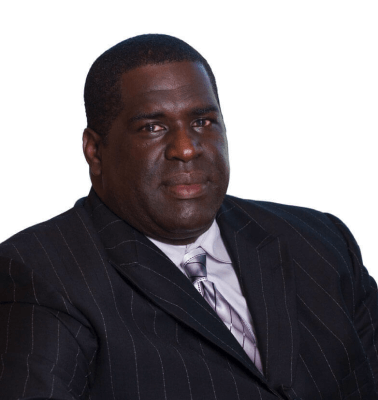Summit Defense DUI Attorneys – Closing arguments
- The “send a message” close
- Minor problems with the Intoxilyzer
- “Problems with the curveball”
- Circumstantial evidence
- “The one-eyed frog”
- High breath test score
- “Spoiled meat”
- “The termites”
When you’ve been accused of driving under the influence of drugs or alcohol, Summit Defense is prepared to fight for a complete dismissal of all charges. Sometimes, however, that means going to trial, where our team of San Jose DUI attorneys will fight to maintain your innocence. Under America’s judicial system, all defendants are innocent until proven guilty, a fact we often reiterate to the judge or jury during closing arguments. These arguments are essentially the time your lawyer is allowed to make a personal plea to the jury. Because this plea is the last thing a judge or jury will hear before deliberation, it’s important that a lawyer seize this opportunity to deliver a persuasive argument. The goal is to make closing arguments compelling, memorable, and convincing.
Challenging Breath Tests And Field Sobriety
To accomplish this goal, our San Jose DUI attorneys utilize a variety of techniques. In almost every case, we argue that the device that reads your blood alcohol content level could have malfunctioned. In many instances, the devices aren’t calibrated correctly and the readings are inconsistent. Furthermore, we argue that the cause of the high breath test reading and failed field sobriety tests could be because of medications, physical impairment, and other issues. These may seem like minor problems, but we argue that minor problems are enough to impact the entire process. Since guilt in a DUI case must be proven beyond a reasonable doubt, these issues often propel a jury to side with the presumption of innocence.
We also argue against circumstantial evidence. This is evidence that does not directly link the defendant to the crime, but can suggest the crime may have occurred. Again though, our San Jose DUI attorneys argue that just because circumstantial evidence exists, there isn’t a causal link to definitive guilt.
Analogous Tools
Perhaps some of the strongest tools we possess are the use of analogies and metaphors. They not only capture the interest of the jury, but they also put into perspective the stale language of the law. The ‘termite’ analogy, the ‘one-eyed frog’ analogy, and ‘spoiled meat’ analogy are all useful methods we provide.
The ‘termite’ analogy is structured like this: ‘Ladies and gentlemen of the jury, if you were considering buying a home and found just three termites, you would likely be suspect of the structural integrity of that home. The same can be said for this arrest. We have presented evidence that shows various holes in the prosecutor’s arguments. And just as those three termites signified a bigger problem with the structural integrity of that house, the mistakes shown here should signify a bigger problem with the structural foundation of the state’s case.’
The ‘one-eyed frog’ anecdote suggests the prosecutor’s witnesses testified to what they wanted to see, as if they had a blinder on one eye, incapable of seeing the whole truth. Our San Jose DUI attorneys argue that it’s up to the jury to remove the blinder and see the situation in its entirety, one in which the facts don’t suggest guilt.
Finally, the ‘spoiled meat’ analogy is used when your defense team finds a problem in just one aspect of the prosecutor’s case. We liken the state’s case to a beef stew, and suggest that if one piece of meat in the stew is spoiled, the entire meal is bad. In other words, if one aspect of the state’s case doesn’t seem right, the entire case is bad.
A successful lawyer will seize this chance in court to make an impactful and persuasive closing argument, which is essentially the time your lawyer is allowed to a make a personal plea to the jury. The closing argument is also the last thing the jury or judge hears before delivering a verdict, so it’s important to have a skilled orator acting as your advocate.
The Curveball
The curveball defense is another method that has shown results. During closing arguments, we compare the prosecutor’s witnesses to a baseball player who can only hit fastballs. The fastballs are easy questions, often predetermined, that the prosecutor feeds its witness. The witness then answers these questions in a manner that suggests our client’s guilt. However, we strive hard to ask tough questions and trip up the prosecutor’s witness. Then during closing arguments, we reiterate that when the witness was thrown a curveball they couldn’t answer with certainty. This often plants a nugget of reasonable doubt in the jury’s mind.
Send A Message
Because closing arguments are the opportunity for one of your San Jose DUI attorneys to speak directly to the jury, the message needs to be persuasive. The goal is to send a strong message that America’s judicial system is one of the finest in the world. Everybody is innocent until proven guilty, and the jury is tasked with upholding this unique civic duty. In this case the message is clear: Not guilty.











